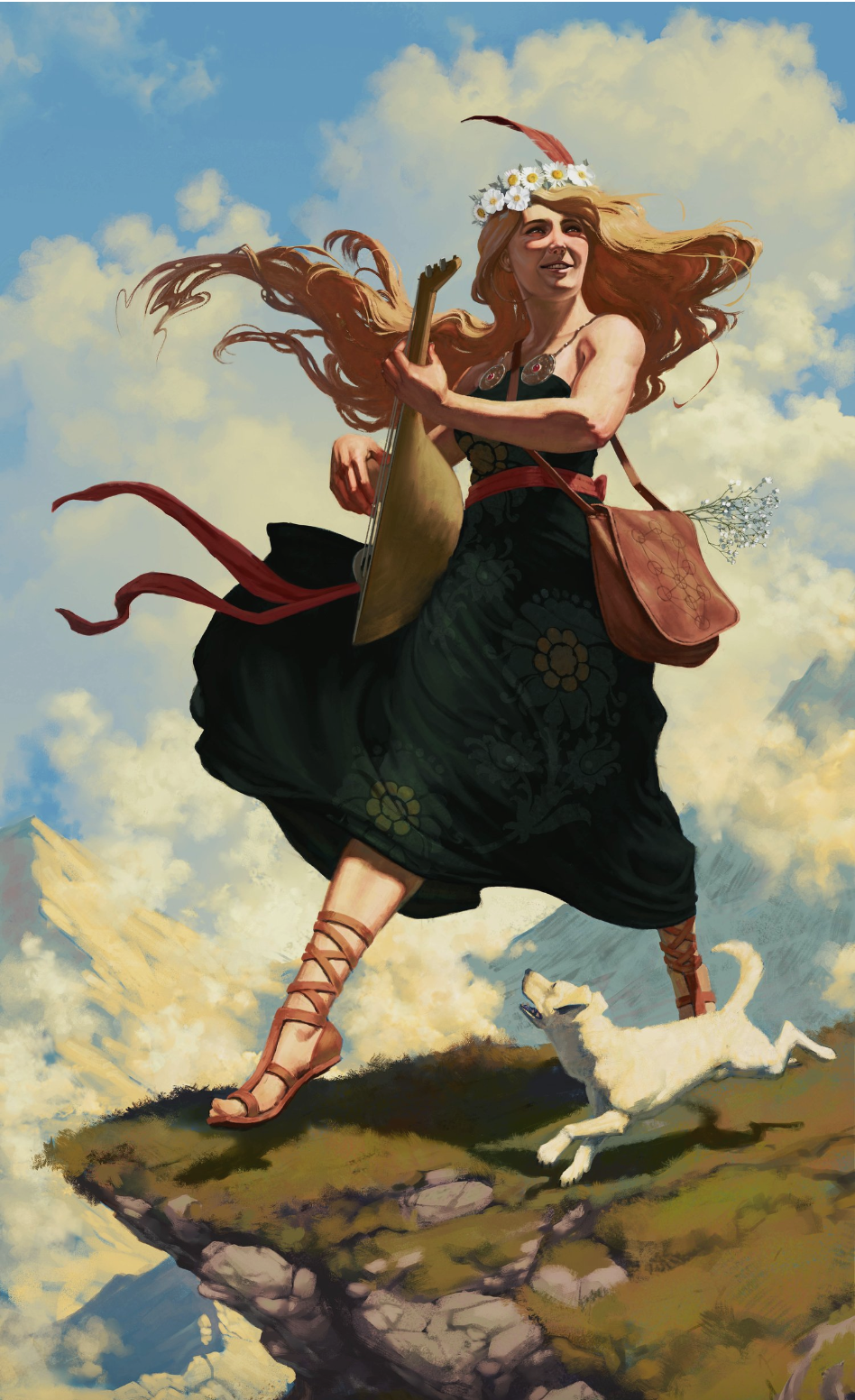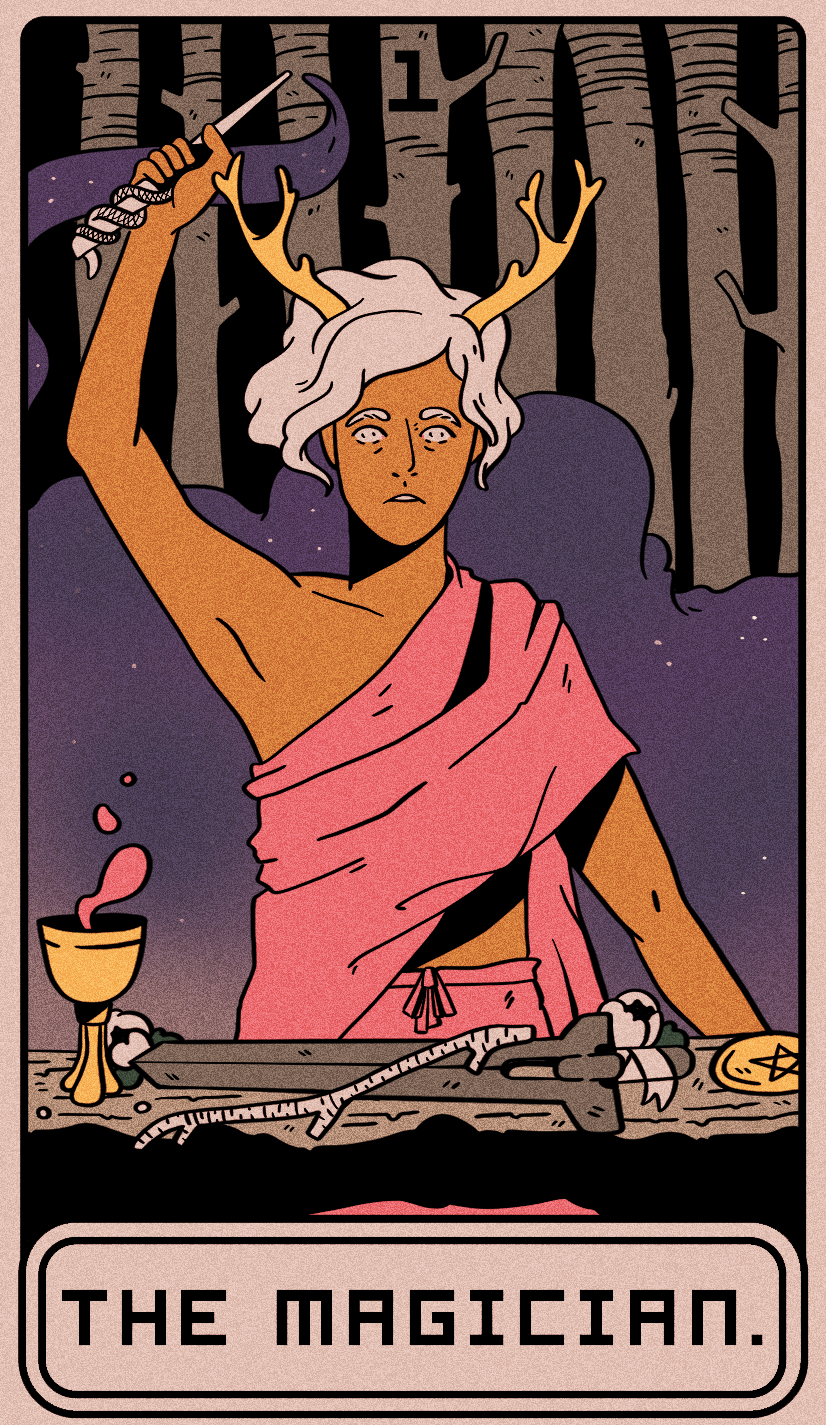Change, the Fool, and the God of the Gaps
Seminary, or what is the Mormon equivalent to Bible Study in other faiths, is a class where the teenaged youth of the LDS church take classes to discuss doctrine and read through scripture. I think about this so much now and the way I think we were basically being trained to become little salesman for the church. If anyone lives in Utah, you know you’re surrounded by the MLMs and the summer security system salesman (say that five times fast) and people often wonder why this is culturally such a THING in Utah. How does the song go? Oh right, Onward Christian Soldiers!
I remember this day in seminary. I might have been 16 or 17 at the time when my teacher, a return missionary and maybe no older than about 35, sat casually on his desk and teaching us about how a person could not attain the highest level of celestial glory without having gone through all the rites and received the fullness of the gospel as taught by the LDS church. Not even a person who’d dedicated their entire lives to serving the same god.
I remember clear as day, feeling the record scratch go off in my brain. I said HOLD ON, what? You mean to tell me that if I go through the temple and marry a righteous man, that is more of a guarantee of heaven for me than if I were to spend the rest of my life in service to others with whatever time, resources, and money they could but not had gone through all the “right steps”?
It’s easy for me to sit here right now and think, nah that’s bullshit. But back then, I remember muscling through all the pieces I knew or thought I knew In my mind. I went through so many scenarios in my mind. What about the people in remote parts of the globe? What about queer folks? And through the all of the mental gymnastics, I remember shrugging my shoulders at the end of the day and thinking to myself that I might not know but certainly GOD had to have SOMETHING for those people.
I couldn’t find my way through the gaps, so I filled the gap with God.
I found out later about the term GOD OF THE GAPS. The god of the gaps is a theological perspective in which any gap in evidence must be proof of god. It is the attempt to introduce God as an explanatory hypothesis on the level of efficient causality to make up for limitations in current understanding.
To sum it up, The God of the Gaps is an appeal to ignorance and in the ignorance, a catchall (such as GOD) is created and then you move forward with that assumption.
I see the same thing happen in spiritual spaces outside of religions as well in the form of UPG (or unverified personal gnosis). And while I make space for a person to have their personal practice as informed by their intuition, in my mormon days we might call this "the whisperings of the still, small voice”. I wonder at times where our UPG is our version of the God of the Gaps. What is there to keep us accountable then? What’s Capital T Truth vs our own version of what’s true for us right now?
In that seminary classroom way back when, what was true is pretty different from what’s true for me now. But of course, back then even if I’d had the information that I have now, would I have been in a place to really embody and internalize it? Food for thought.
The Fool, by Artist Unknown.
The Magician, by artist Kylie Pinecone.
Interestingly, the God of the Gaps is used by both atheists in an effort to disprove the existence of a heavenly power as well as christians, who would use the god of the gaps to prove god’s existence. Agnostics might simply shrug and leave it to the “we just don’t know enough one way or another” camp. Here we have the fine line - what we imagine is possible and what we have concrete evidence for.
Alchemy, the forerunner for Chemistry in medieval times, was a method of transforming one substance to another substance or elixir. A quick google search for the definition brings up, “a seemingly magical process of transformation, creation, or combination.” In modern times, one might conjure images in their mind of the sorcerer’s apprentice tinkering over apothecary bottles and mortars and pestles… an image of woo-woo, new age practices or plain pseudoscience. But back in its day, it was thought to be more akin to scientific processes. I think of the Tarot and in the Rider Smith Waite decks, The first card being the Fool and the next card being The Magician. In the fool Card, The protagonist literally about to make the jump into the gap and in the next card, the magician, the man in front of the table with all of the elements and tools in front of him, with one hand pointed skywards and the other towards the ground as if to say, “let’s bring this thought-form down to matter.” Theories.
Even before we had evidence to quantify how the solar system worked, Copernicus had a theory based on the evidence that was available to him at the time. Of course, that would eventually be disproven and led to follow up theories, and again, and again over history that eventually led us to our current understanding of space. But his theory and others after him were the breadcrumb trail that led to more fully fleshed out understandings of the universe.
Indeed, many times science comes up to quantify the magic we observe in the world around us constantly. I’ve previously referenced the ancient yogis and their understanding of breath control that was poo-pooed by much of the modern western world as esoteric nonsense all the way until very very recently.
Image of a LEvitating Yogi, British Museum.
Returning to the idea of the God of the Gaps, I want to pause here to invite us all to ponder on the gods we create. Gods of the Gap, False Idols, for those who were raised in religion like I was. I think it’s very important to have the ability to “kill your gods” from time to time, as you might remember from when I’ve written before about the teachings of Buddhism. If you find the Buddha on the road, kill him. If you ever think you’ve “arrived”, you’re right back at the beginning. The assumption or attachment to the idea that we know ANYTHING, is an illusion.
A God that we tend to forget about constantly is Change. The constant fluctuations of the mind, our understandings of ourselves, and others in the world around us. PERHAPS CHANGE ITSELF, IS THE GOD OF THE GAPS.



